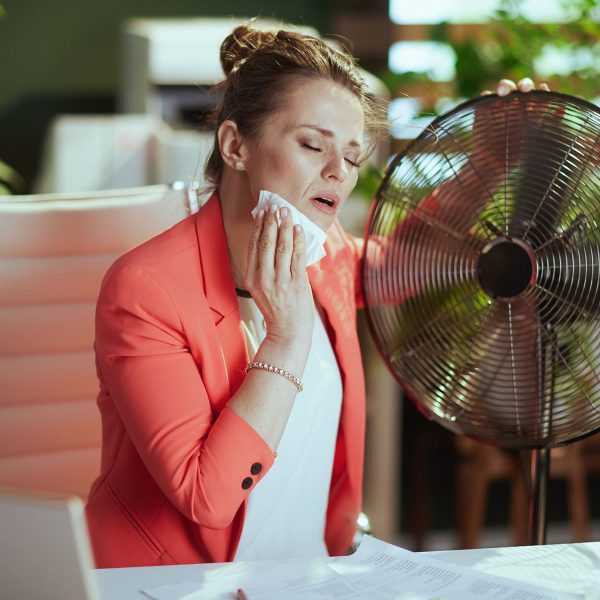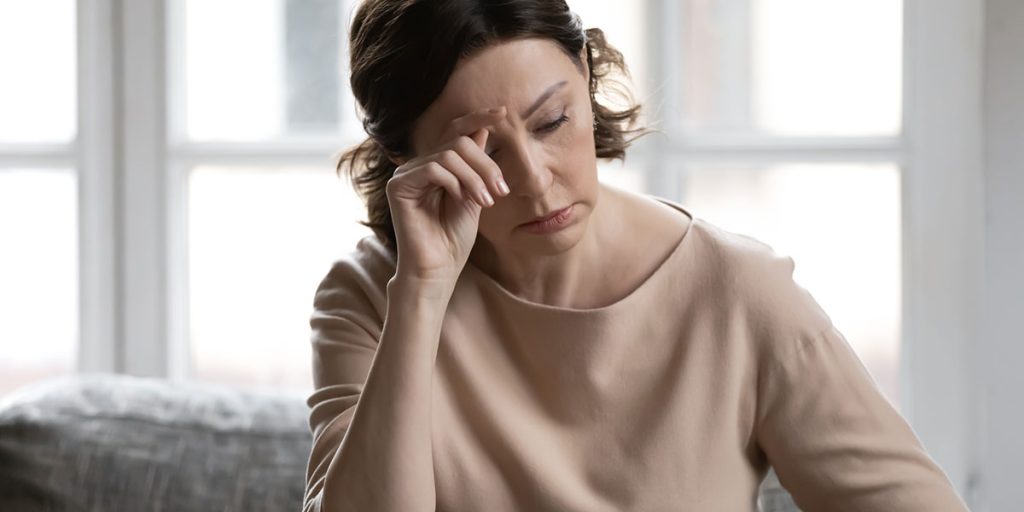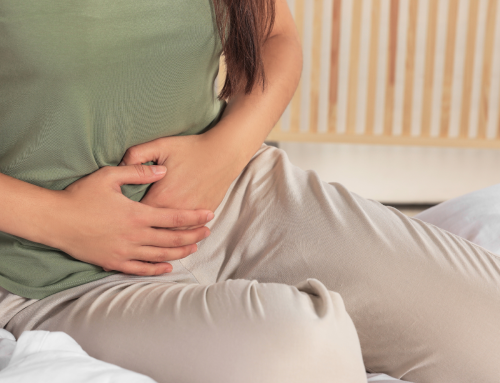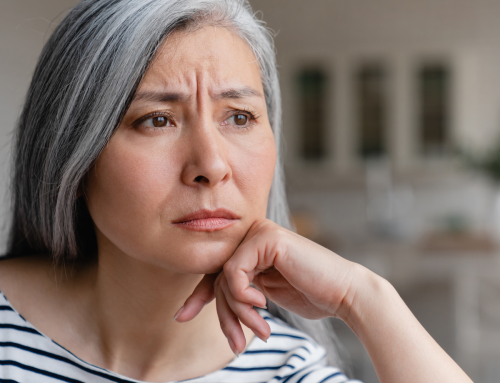
Women’s bodies change a lot throughout life. Sometimes the experience can be confusing. Sometimes it can be scary. Most often, it can be really, really frustrating because the changes don’t just affect your body. They can have a huge impact on your life.
Menopause is a perfect example. It’s “the” big change in a woman’s life. Just when you’re hitting your stride, menopause comes along and throws you for a loop, leaving you incredibly overwhelmed, uncomfortable, and even in pain. To add insult to injury, you may also feel like you have to suffer in silence.
This blog is the first of many to come to let you know we hear you and help answer some of the big questions you might be too embarrassed to talk about or don’t know to ask. Hopefully, you’ll learn the basics about menopause, the symptoms (besides just hot flashes), and some tips on how to manage it all like a pro and feel better about yourself and the quality of your life moving forward. So, here we go!
What Exactly is Menopause?
Menopause is a natural phase of aging where your menstrual cycle stops due to hormonal changes in the body. While individual experiences may vary, menopause typically happens between the ages of 40 to 55. During this time, the body’s production of estrogen and progesterone hormones decreases, leading to an array of symptoms that can affect your physical and emotional well-being.
What is My Body Doing?
Hot flashes are a common symptom of menopause. They can feel like a sudden rush of heat over your body, causing sweating, anxiety, and trouble sleeping. This is when loose-fitting and layered clothing becomes your best friend. Avoiding caffeine and alcohol can help, too. You can also talk to a doctor about hormone-replacement therapy (HRT). It can be effective for reducing symptoms, but there can also be side effects.
Another symptom of menopause is vaginal dryness, which can cause discomfort during intercourse and increase the risk of developing vaginal or urinary tract infections. Lubricants and vaginal moisturizers can be useful in temporarily alleviating this symptom, and HRT can help improve vaginal health as well. There are also clinically tested natural remedies that have shown to significantly improve vaginal health by rejuvenating the vaginal wall without hormones or invasive procedures.
Weight gain is yet another potential symptom of menopause that can be due to hormonal changes and a decrease in metabolism. By incorporating more fruits and vegetables into your diet, staying hydrated, and engaging in regular physical activity, you can maintain a healthy weight and improve their overall health during menopause and beyond.
Menopause can also make some women vulnerable to developing osteoporosis, a condition that weakens bones and increases the risk of fractures. To reduce the likelihood of this happening, maintain a healthy diet rich in calcium and vitamin D and engage in weight-bearing exercises such as walking, running, or weightlifting.
What is My Mind Doing?
Menopause can also cause emotional symptoms, like mood swings, irritability, depression, and anxiety. These changes can also be linked to the hormonal changes that occur during menopause. Many women also report a decrease in sex drive during menopause, which can be attributed to the loss of estrogen in the body.

What Can I Do About it?
There are many ways to manage the symptoms of menopause. Take a look:
- HRT (Hormone replacement therapy) mentioned above is a common treatment. HRT involves taking estrogen and progesterone supplements to replace the hormones that the body is no longer producing. HRT can reduce the frequency and severity of hot flashes, vaginal dryness, and other symptoms. However, HRT has been found to have side effects. As a result, it may not be suitable for all women, especially those with a history of breast cancer, blood clots, and other health conditions.
- Lifestyle changes, like regular exercise, healthy eating, and stress reduction, can reduce some menopausal symptoms. Yoga and meditation can be especially helpful in managing stress and mood swings.
- Over-the-counter products like lubricants, moisturizers, and vaginal estrogen creams can help restore comfort and a healthy sex life.
- Advances in science have resulted in new, safe, and effective treatments, including vaginal rejuvenation serums that use human growth factors you lose with age to help restore vaginal health on the cellular level without side effects.
- If symptoms are severe, doctors may prescribe antidepressants and blood pressure medication.
Menopause is a challenge to say the least. The good news is there are ways to alleviate your symptoms and support your overall health and well-being. Staying informed, like you’re doing here, and embracing healthy lifestyle habits, is a great start. So is seeking the help of an OB-GYN you trust, so you can discuss your symptoms in detail and find out about the best treatments for your situation.
The most important thing to remember is you can take back control of your life.






